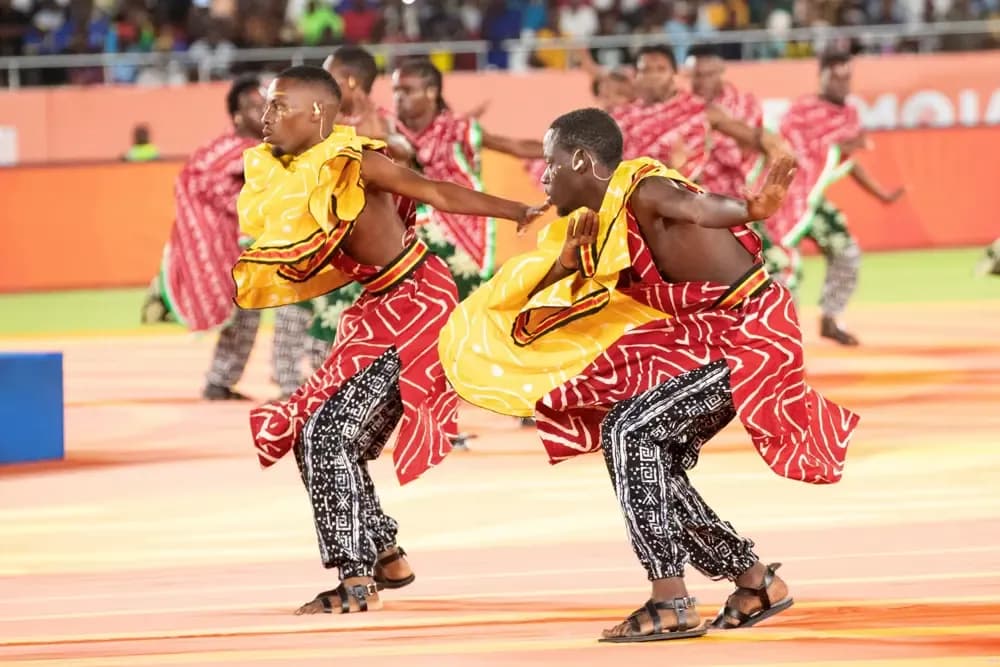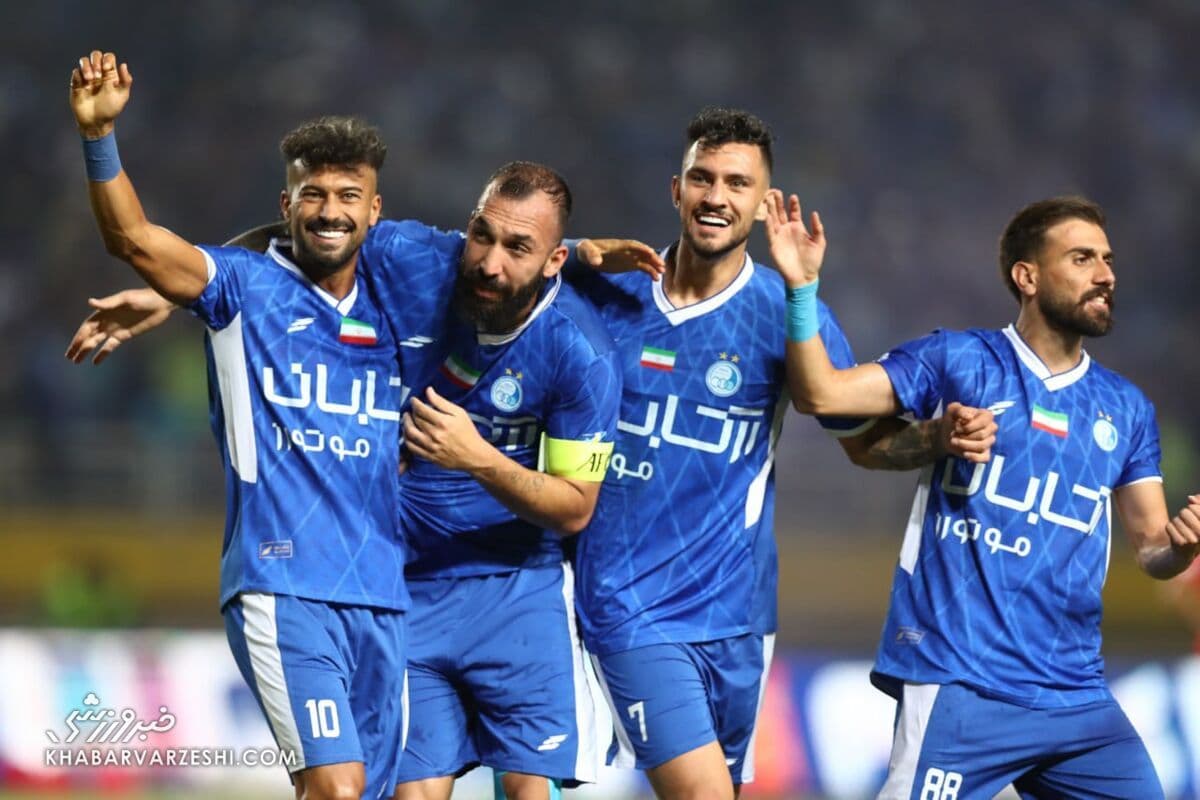A New Blueprint for PSSI: Charting Financial Independence Amidst Shifting Tides
PSSI embraces a new financial era, ending state funding for single events. This deep dive explores the strategic implications, Erick Thohir's dual role, and Indonesia's bold path to football self-reliance.
The Dawn of Autonomy: Unpacking PSSI's Funding Transformation
The Indonesian football federation, , is stepping into a new era of financial independence, marking a significant departure from its traditional reliance on government coffers. This strategic pivot, recently confirmed by Minister of Youth and Sports and PSSI Chairman , reshapes how football development and participation are funded in the archipelago. Specifically, PSSI will no longer receive state funding for 'single events' – major tournaments like the AFF Cup and the Asian Cup. Thohir's consultations with the Supreme Audit Agency (BPK) led to this consensus, underscoring a commitment to greater financial prudence and self-sufficiency within the federation.
This move isn't a blanket withdrawal of government support, but rather a targeted re-evaluation. While single-event funding is being phased out, state assistance for 'multi-event' competitions – such as the SEA Games, Asian Games, and the Olympics – will continue. This distinction is crucial; it positions football on par with other national sports, where multi-event participation falls under a broader national sports development agenda, subject to rigorous evaluation by the BPK. This new financial architecture challenges PSSI to innovate and stand on its own feet for its core football activities, fostering a more robust and independently financed future for Indonesian football.
Erick Thohir's Dual Mandate: Navigating Governance and Development
At the heart of PSSI's transformative journey is , who uniquely holds the dual roles of Minister of Youth and Sports (Menpora) and Chairman of PSSI. This dual mandate, while raising questions of potential conflict of interest, has been formally sanctioned by . Thohir confirmed receiving a letter from FIFA on September 22nd, affirming that his extensive track record in football leadership precludes any statutory conflict. This clear endorsement from the global governing body provides a crucial foundation for his multifaceted leadership.
Thohir himself emphasizes the need for 'prudence' and maintaining 'balance' in his roles. As Menpora, his immediate significant responsibility includes the upcoming in December 2025, an event where PSSI’s teams will still benefit from government support. Concurrently, as PSSI Chairman, he is tasked with steering the federation toward its new self-sufficient financial model for single events. This delicate balancing act requires exceptional transparency and strategic foresight. His leadership is pivotal in ensuring that the shift away from government funding for specific tournaments does not hinder national team performance, but rather propels PSSI towards innovative, independent funding solutions and a more professional operational standard.
The Quest for Self-Sufficiency: PSSI's Path to Innovative Revenue Streams
With the government stepping back from funding single events, PSSI is now squarely faced with the imperative to cultivate innovative and sustainable revenue streams. This isn't merely about finding replacement funds; it's an opportunity to professionalize and commercialize Indonesian football in unprecedented ways. The traditional reliance on state budgets often stifled creativity in monetization, but this new reality demands a proactive approach. PSSI will need to aggressively pursue commercial partnerships, sponsorship deals, and broadcasting rights agreements that genuinely reflect the immense popularity and market potential of Indonesian football.
Beyond traditional avenues, exploring digital content creation, fan engagement platforms, and merchandising expansions becomes critical. Imagine a robust PSSI TV, exclusive content for subscribers, or partnerships with major brands that tap into Indonesia's vast youth demographic. The federation could also consider developing its own infrastructure or investing in youth academies that eventually generate transfer fees. This quest for self-sufficiency demands a forward-thinking business model, moving beyond mere dependency to create a vibrant, financially independent ecosystem that can continuously reinvest in player development, coaching, and facilities, ultimately elevating the overall standard of the sport.
Multi-Event Harmony: The Continued Role of State Support and Oversight
While PSSI embarks on its journey towards financial autonomy for single events, it’s important to understand that the government’s role isn't entirely diminished. A crucial distinction remains for multi-event competitions like the , Asian Games, and the Olympics. For these prestigious international showcases, PSSI’s funding structure aligns with other national sports federations: government support continues, reflecting the nation's commitment to broader athletic achievement on the global stage.
This continued state backing comes with strict accountability. Erick Thohir himself stresses the importance of 'prudence,' confirming that all such funding will undergo rigorous evaluation and scrutiny by the Supreme Audit Agency (BPK). This ensures transparency and responsible use of public funds, preventing past issues of mismanagement. As Menpora, Thohir’s direct involvement in overseeing events like the SEA Games 2025 further solidifies this oversight. It's a pragmatic partnership: the state provides essential resources for national representation in large-scale multi-sport events, while PSSI develops the financial muscle to manage its core football tournaments independently. This balanced approach aims to leverage state support strategically, focusing on national sporting pride, without fostering long-term financial dependency.
Forging a Sustainable Future: Vision for Indonesian Football Excellence
The strategic pivot towards financial autonomy, orchestrated under 's unique leadership, is more than a mere funding adjustment for PSSI; it's a foundational blueprint for forging a truly sustainable future for Indonesian football. By shedding reliance on government funds for single events and embracing self-sufficiency, PSSI is positioned to cultivate an ecosystem driven by merit, innovation, and robust commercial acumen. This transformation promises to instill greater discipline in financial management, encourage diversified revenue generation, and ultimately, free the federation to make decisions based on long-term sporting strategy rather than short-term budgetary constraints.
The implications are profound. A financially independent PSSI can invest more consistently in grassroots development, enhance coaching education, and provide better facilities, creating a stronger talent pipeline. It can attract higher-caliber professionals and implement world-class best practices, elevating the standard of play from youth leagues to the national team. This shift, coupled with continued state support for multi-events and stringent oversight, paints a picture of a more professional, accountable, and ambitious PSSI. The vision is clear: to build an Indonesian football powerhouse that not only competes regionally but consistently challenges on the Asian and global stages, fueled by its own dynamism and the unwavering passion of its fans.
Related Articles

KuPS's Crossroads: A €3 Million Opportunity to Rewrite Finnish Football History

KuPS's Crossroads: A €3 Million Opportunity to Rewrite Finnish Football History

The East African Echo: How CHAN 2025 Redefines Football's Future in Africa

The East African Echo: How CHAN 2025 Redefines Football's Future in Africa

The CAFA Crucible: Iran's Defining Moments Amidst Unforeseen Challenges

The CAFA Crucible: Iran's Defining Moments Amidst Unforeseen Challenges

Norway's Unscripted Playoff: The High-Stakes Cup Collision for Europe
